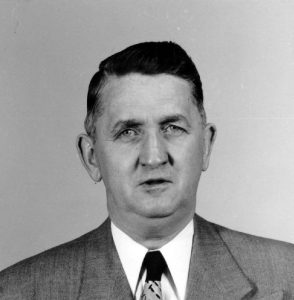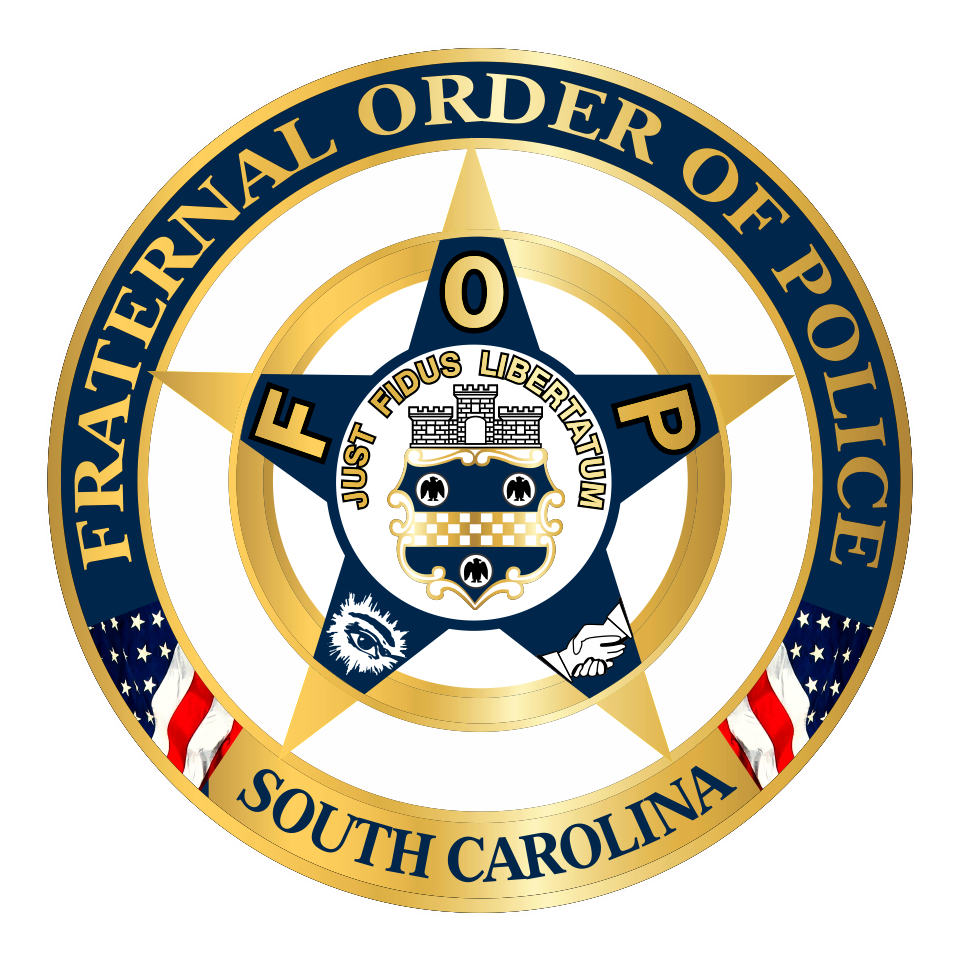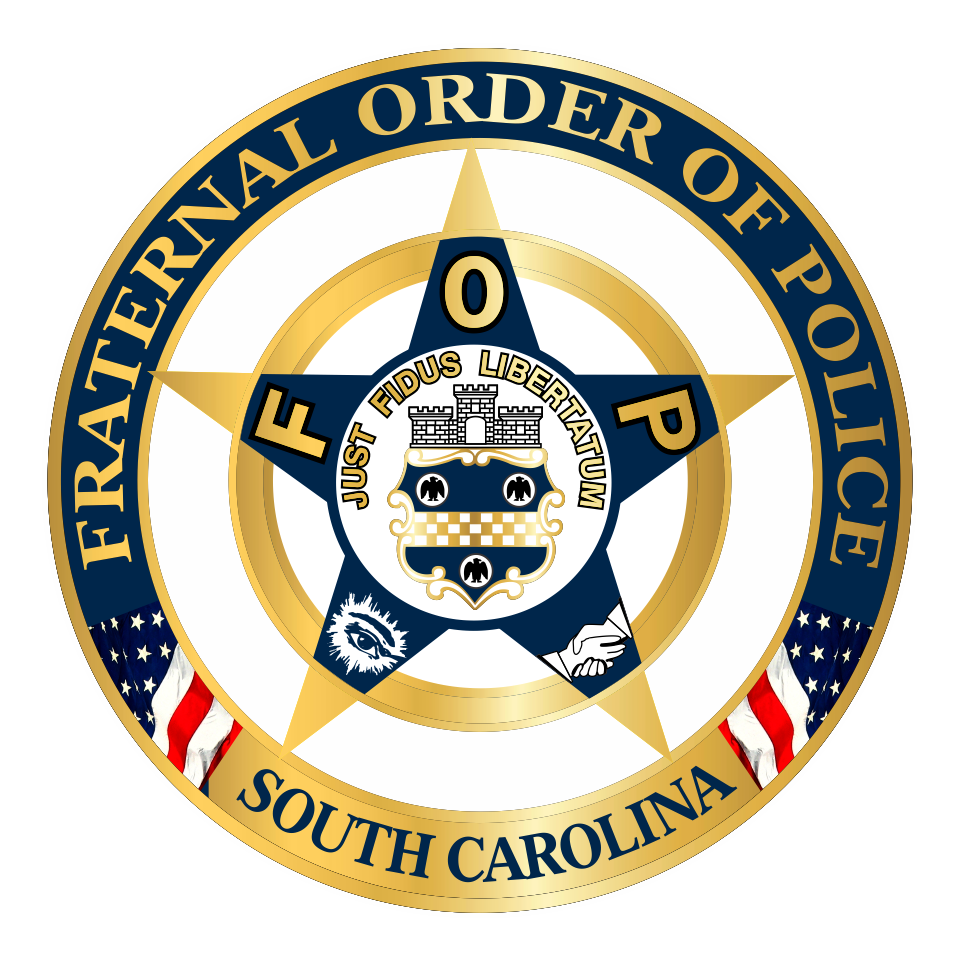On June 10, 1968, the United States Supreme Court delivered a landmark decision in the case of Terry v. Ohio, significantly impacting the procedures and practices of law enforcement officers across the country. This case established the legal precedent for what is commonly known today as the “stop and frisk” rule, which allows police officers to stop, question, and frisk individuals based on reasonable suspicion of criminal activity.
The Case Background

The case began on October 31, 1963, when Detective Martin McFadden, a veteran Cleveland police officer, was patrolling a downtown area. McFadden noticed two men, John W. Terry and Richard Chilton, behaving suspiciously near a jewelry store. They took turns walking past the store window, peering inside, and then meeting to converse on a street corner. This repeated behavior aroused McFadden’s suspicion that the men were planning a robbery.
Acting on his instincts and training, McFadden approached the men, identified himself as a police officer, and asked for their names. Unsatisfied with their responses and concerned for his safety, McFadden conducted a quick frisk of their outer clothing. He discovered a concealed weapon on Terry, leading to Terry’s arrest and subsequent conviction for carrying a concealed weapon.
The Legal Question
Terry’s defense argued that the frisk violated his Fourth Amendment rights, which protect citizens from unreasonable searches and seizures. The defense contended that McFadden lacked probable cause to conduct the frisk, thus making the search unconstitutional. The state, on the other hand, maintained that the officer’s actions were justified given the suspicious behavior and potential threat posed by the suspects.
The Supreme Court Decision
The Supreme Court, in an 8-1 decision written by Chief Justice Earl Warren, upheld the conviction. The Court reasoned that the Fourth Amendment’s prohibition against unreasonable searches and seizures must be balanced against the need for police officers to ensure their safety and the safety of others while investigating potential criminal activity.
The Court introduced the concept of “reasonable suspicion,” a standard less stringent than probable cause. It held that if an officer observes unusual conduct that leads him to reasonably conclude, in light of his experience, that criminal activity may be afoot and that the individuals involved may be armed and dangerous, a limited search of the individual’s outer clothing for weapons is justified.
The Impact
Terry v. Ohio established the legal framework for stop and frisk procedures, granting law enforcement officers the ability to make quick decisions in the field to prevent potential crimes and protect their safety. This decision recognized the necessity of balancing individual rights with the practical realities of police work.
However, the ruling also underscored the importance of setting limits to ensure that such searches are not conducted arbitrarily. The requirement for reasonable suspicion aims to prevent abuses of power and protect citizens’ constitutional rights.
Conclusion
The Terry v. Ohio decision remains a cornerstone of Fourth Amendment jurisprudence, influencing countless subsequent rulings and shaping modern law enforcement practices. As we reflect on this pivotal moment in legal history, we recognize its enduring significance in the ongoing dialogue about the balance between individual freedoms and public safety.
Understanding the historical context and implications of Terry v. Ohio helps us appreciate the complexities of constitutional law and the evolving nature of police work in America. This case is a testament to the Supreme Court’s role in interpreting the Constitution and its impact on the everyday lives of citizens and law enforcement officers alike.

